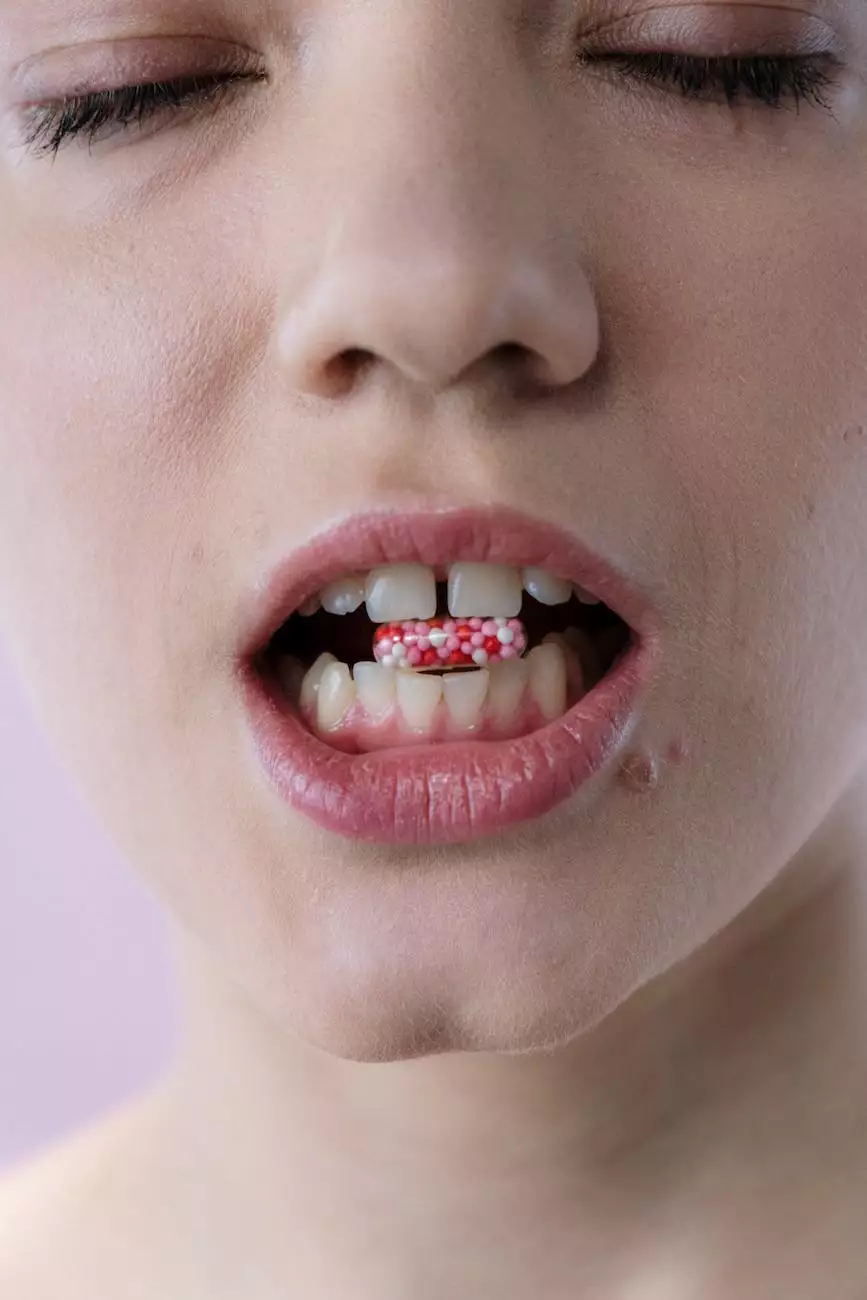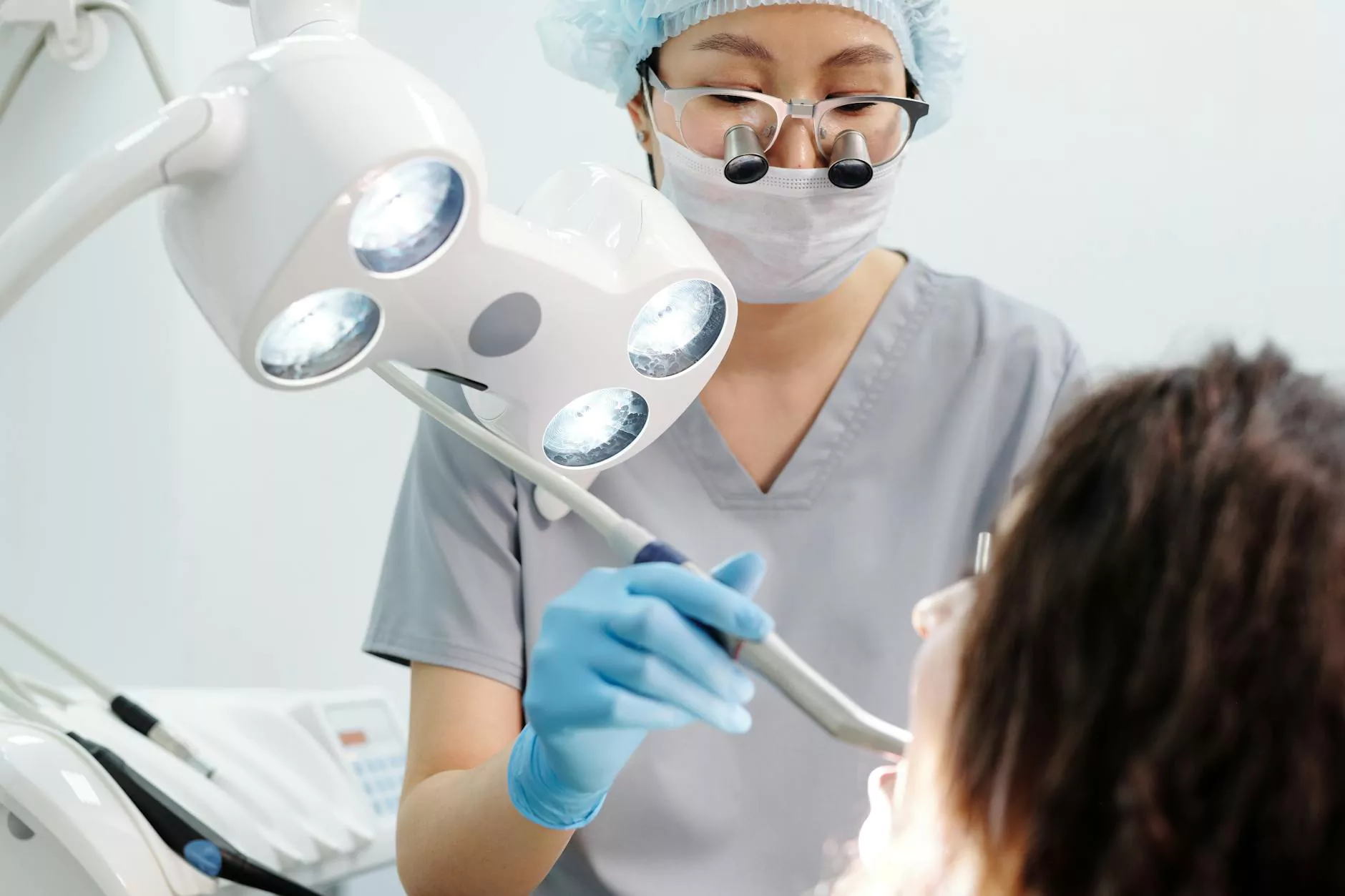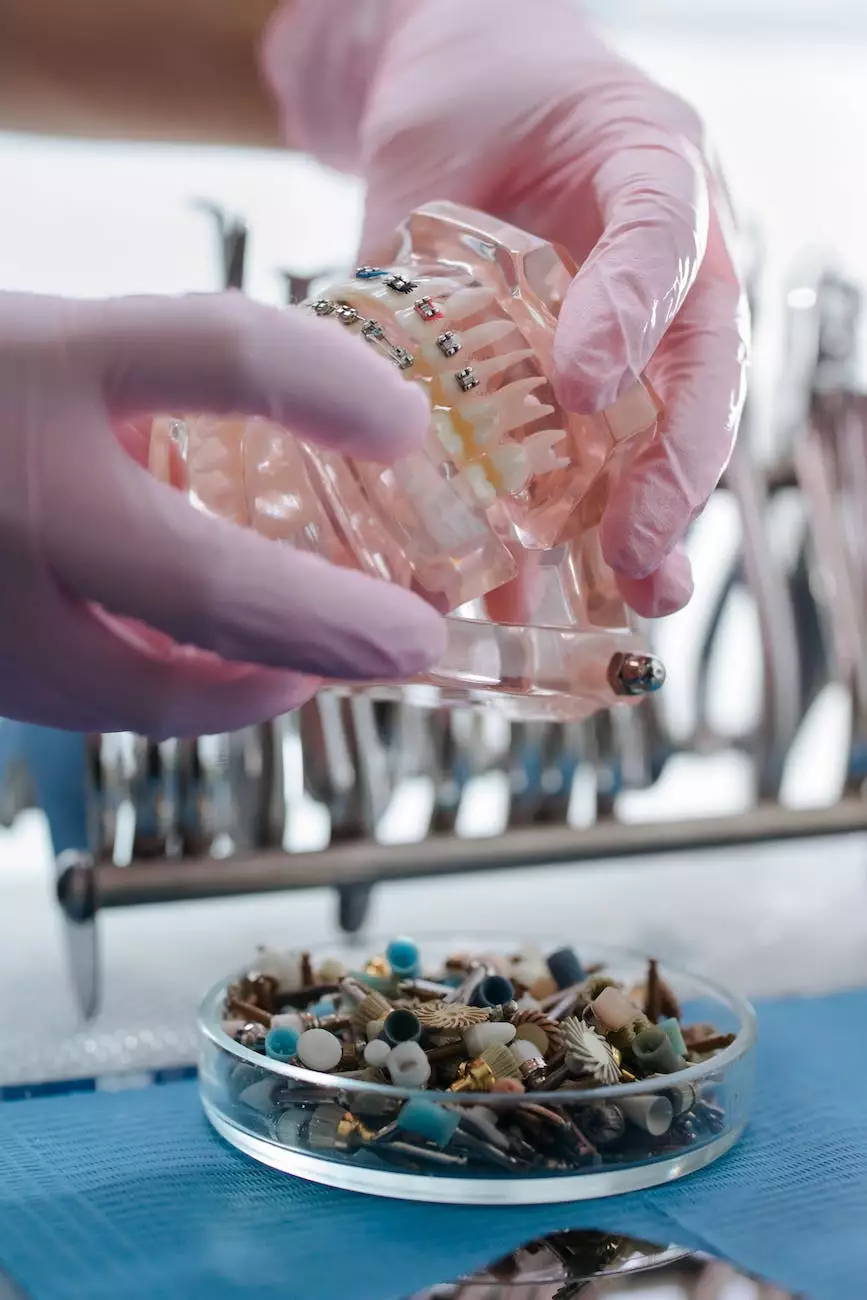Everything about Dental Abscess
Oral Hygiene
Understanding Dental Abscesses
Welcome to the comprehensive guide on dental abscesses brought to you by Robert Miller, DDS, a leading name in the field of dentistry. In this article, we will provide you with detailed insights into dental abscesses, including their symptoms, causes, diagnosis, treatment, and prevention.
The Importance of Dental Health
Before we dive into the specifics of dental abscesses, it's crucial to understand the importance of maintaining good dental health. Regular dental check-ups and proper oral hygiene practices play a vital role in preventing various dental issues.
What is a Dental Abscess?
A dental abscess is a bacterial infection that forms a collection of pus either inside the tooth or the surrounding gums. The most common cause of a dental abscess is untreated tooth decay, which allows bacteria to penetrate the tooth's inner layers.
Symptoms of Dental Abscess
A dental abscess can present with various symptoms, which may include:
- Toothache: Persistent, throbbing pain around the affected area.
- Swelling: Swelling of the face, cheek, or gums.
- Sensitivity to Temperature: Increased sensitivity to hot or cold foods and drinks.
- Bitter Taste: A persistent, unpleasant taste in the mouth.
- Fever and Malaise: In some cases, fever and a generally unwell feeling.
Causes of Dental Abscess
Dental abscesses are primarily caused by:
- Untreated Tooth Decay: Decay that has progressed, leading to infection.
- Gum Disease: Advanced gum disease can result in the formation of abscesses.
- Root Infection: Bacteria can enter the tooth's root through a crack or chip.
Diagnosing a Dental Abscess
To diagnose a dental abscess, your dentist will perform a thorough examination, which may include:
- Visual Inspection: Checking for signs of swelling, redness, or gum inflammation.
- Percussion Testing: Tapping the teeth to assess sensitivity or pain levels.
- Dental X-rays: Capturing images to identify the presence and extent of the abscess.
Treating Dental Abscess
Timely treatment of dental abscesses is essential to prevent further complications. Treatment options may include:
- Drainage of the Abscess: Your dentist may need to drain the pus through an incision.
- Root Canal: Removing the infected pulp and sealing the tooth to prevent reinfection.
- Tooth Extraction: In severe cases, the abscessed tooth may need to be extracted.
- Antibiotics: Prescribing antibiotics to control and eliminate the infection.
Preventing Dental Abscess
To reduce the risk of dental abscesses, it's important to take preventive measures, such as:
- Maintain Good Oral Hygiene: Brushing twice a day and flossing regularly.
- Regular Dental Check-ups: Visit your dentist for routine check-ups and cleanings.
- Address Tooth Decay Promptly: Treat cavities as soon as they are detected.
- Avoid Tobacco and Excessive Alcohol: Both can contribute to gum disease and tooth decay.
Choose Robert Miller, DDS for Exceptional Dental Services
When it comes to your dental health, trust the expertise of Robert Miller, DDS. With extensive experience in providing top-quality dental care, we are committed to helping you maintain a healthy and pain-free smile. Our team of skilled professionals is equipped with the latest technology and techniques to ensure personalized and effective treatment.
Contact Robert Miller, DDS today to schedule your appointment and experience the difference of exceptional dental care.










